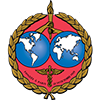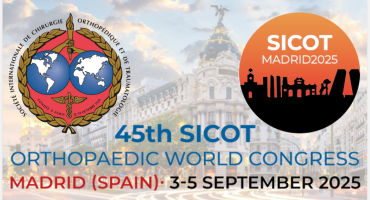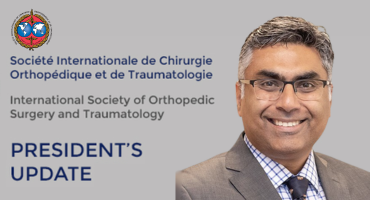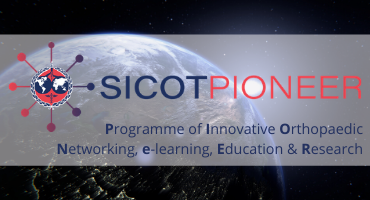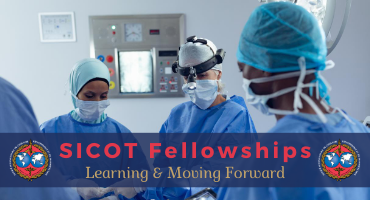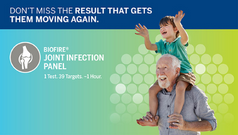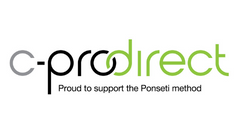Computer-Assisted Orthopaedic Surgery
Post-Graduate Diploma in Principles of Computer-Assisted Knee Arthroplasty
More than 10 years successful experience of Computer Assisted Surgery
.PNG)
 Frederic Picard and Ajeya Adhikari
Frederic Picard and Ajeya Adhikari
Computer-Assisted Orthopaedic Surgery United Kingdom (CAOS UK) is a scientific society that aims at promoting the understanding of human biomechanics using technologies from a wide spectrum of expertise. CAOS UK is a product of collaboration of people with various skills sharing ideas and research and facilitating the transfer of innovative technologies and techniques from the lab to the operating theatre. CAOS UK is committed to improving the results of operative procedures for the ultimate benefit of patients.
In 2006, CAOS UK organised an advanced course on computer-assisted knee surgery. The course evolved over the years and received official national accreditation in 2011 as a Post-Graduate Diploma with 38 credits. The course is entitled “Post-Graduate Diploma in Principles of Computer-Assisted Knee Arthroplasty” and is supported by EduQual which is a globally-recognised national qualifications regulator in the UK.
The aim of this Diploma is to advocate and disseminate the best levels of clinical and technology based knowledge and skills to use computer-assisted technology for total knee arthroplasty (TKA). Themes covered include anatomy, biomechanical factors of the knee, computer assisted surgery (CAS) systems hardware, navigated tools and instruments, start-ups and set-up, software of workflows, registration, planning in navigation, limb alignment, tissue balance gap analysis, the principles of robotics in TKA which is, nowadays a very hyped up hot topic, and finally concepts of other technologies such as custom-based and patient specific instrumentation.
The course is a Level 7 Post-graduate Diploma which requires qualified medics with a minimum of three years experience in orthopaedic surgery. Places on the course are restricted to 12-16 delegates due to the intensive nature of the course and focused assessments combining MCQs, short questions, three clinical reports and a skill assessment at the end of the sessions.
In order to successfully achieve the EduQual Post-graduate Diploma, the delegates need to master the principles of CAS, knee arthroplasty systems and technology, comprehend the set-up, theatre equipment, instrument set-up, and patient/assistant positionings in the theatre environment. They need to learn all basic principles of navigation with and without image-based technology as well as robotic technology and how to face troubleshooting and overall grasp the core principles of “Blackbox” software.
At the end of the course, the candidates will have learned conventional alignment principles including the mechanical, anatomic, kinematic alignments and gap management. They will have also achieved a clear understanding of navigated alignment and gap management which includes concepts such as registration, hardware involved (i.e. image and non-image based navigation technology), instrumentations, set-up, pre-operative planning steps as well as risk assessments of potential hazards associated with the use of the CAS system.
The course has been well-attended with great feedback from attendees over the years. Further information including how to register for future courses can be found on: www.caosuk.org [EduQual Course] and https://healthcareskills.com.
